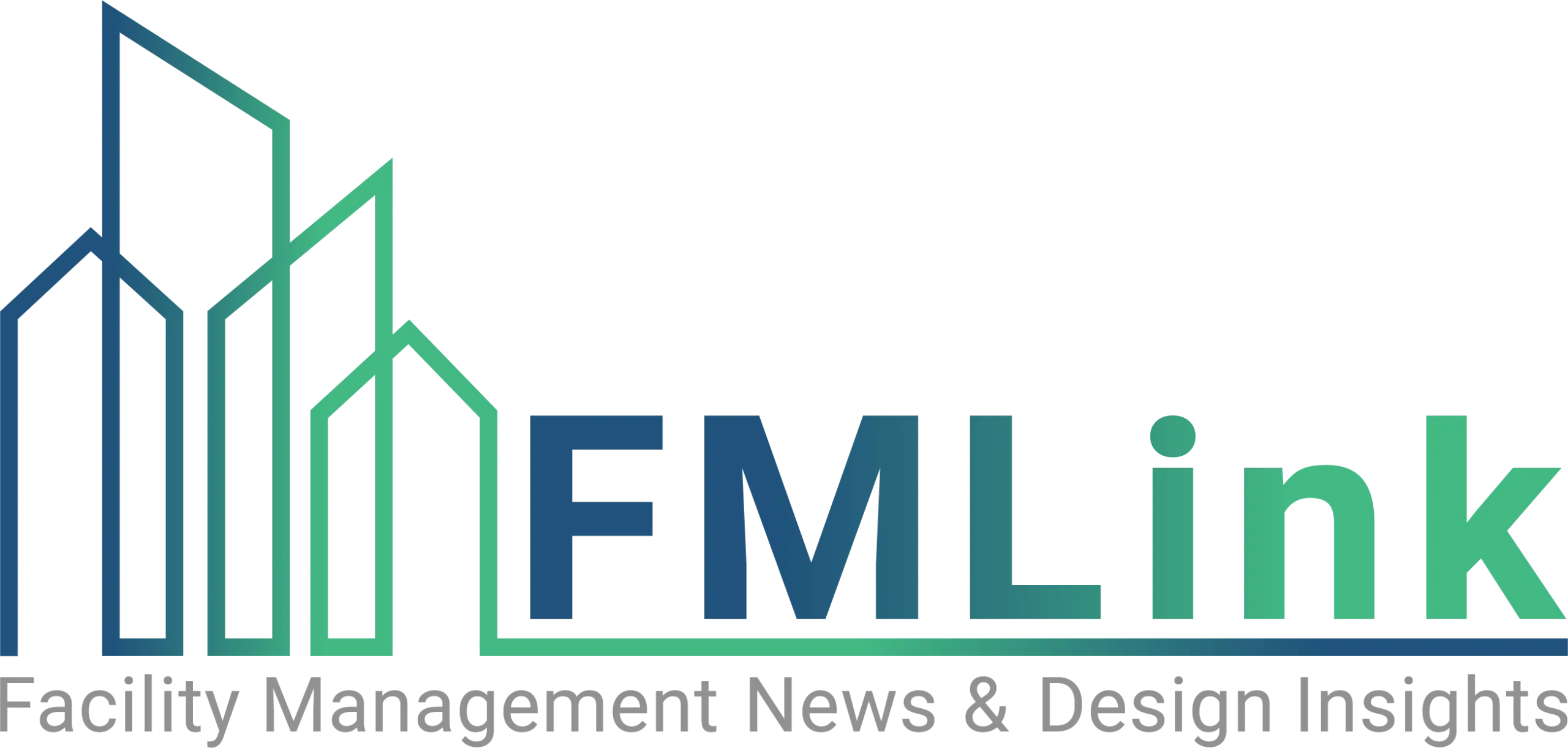December 17, 2014—The National Institute for Occupational Safety and Health (NIOSH), part of the U.S. Centers for Disease Control and Prevention (CDC), has released several resources in recent weeks related to the prevention of Ebola virus disease.
On NIOSH’s Workplace Safety & Health Topics: Ebola page, under the Non-healthcare Workers section, the Institute just added the following updates that relate to Ebola:
- Interim NIOSH Training for Emergency Responders: Reducing Risks Associated with Long Work Hours: This training includes guidance for workers dealing with Ebola patients, particularly deployed responders, but has relevance to healthcare staff and others who work long hours.
- NIOSH Factsheet: The Buddy System: As above, this factsheet is particularly relevant for deployed responders.
- Wastewater Worker Guidance: Interim Guidance for Managers and Workers Handling Untreated Sewage from Individuals with Ebola in the United States: This guidance is for workers who handle untreated sewage that comes from hospitals, medical facilities, and other facilities with confirmed individuals with Ebola. It provide recommendations for workers on the types of personal protective equipment (PPE) to be used and proper hygiene for the safe handling of untreated sewage that may contain Ebola virus.
- Airport Worker Factsheets: Airline and other workers may be at risk if they are exposed to infected people who have the signs and symptoms of Ebola. Workers are also at risk if they are directly exposed to the blood or other body fluids of a patient with Ebola or to objects such as needles that have been contaminated with infected body fluids. NIOSH added the following factsheets:
- Factsheet for Airline Customer Service Representatives
- Factsheet for Airport Retail and Food Service Workers
- Factsheet for Airport Passenger Assistance Workers
- Factsheet for Airport Custodial Staff
- Factsheet for Airport Baggage and Cargo Handlers
In addition to wastewater workers and airport workers, the Non-healthcare Workers section of NIOSH’s Ebola page also includes guidance and resources developed by CDC for workers in other non-healthcare workplace settings including:
- Airline workers
- Humanitarian aid workers
- Laboratory workers
- Funeral and mortuary workers
- College and university workers
In addition, last month NIOSH published an article in its Science Blog called “Protecting Workers from Ebola: Eight Knowledge Generation Priorities” that reports on a workshop of experts from the public and private sectors tasked with suggesting priorities for research to provide the most up-to-date information about transmission, health risks, and measures that should be taken to prevent spread of Ebola in the United States.
NIOSH’s recommendations on research priorities, presented at the workshop, included five questions on personal protective equipment (PPE):
- How do we quantify worker exposure to match appropriate PPE with the required level of exposure protection?
- What are the best test methods to determine if a given type of PPE will protect the worker?
- What are the most effective donning and doffing procedures to prevent worker self-contamination?
- Are there novel PPE designs that will be more effective for health care workers to use in patient care settings?
- How can we prioritize PPE distribution in the health care system to best utilize the supply chain?
In the category of biological behavior, NIOSH suggested three questions for priority attention:
- How long does Ebola virus remain viable on surfaces, including on PPE?
- What types of disinfectants and contact times are needed to inactivate Ebola virus?
- What are the best sampling methods to detect viable Ebola virus on surfaces and on PPE?




